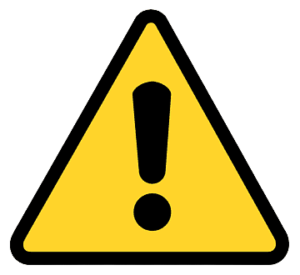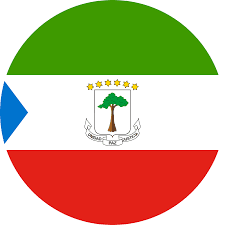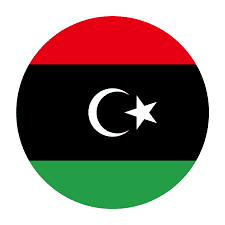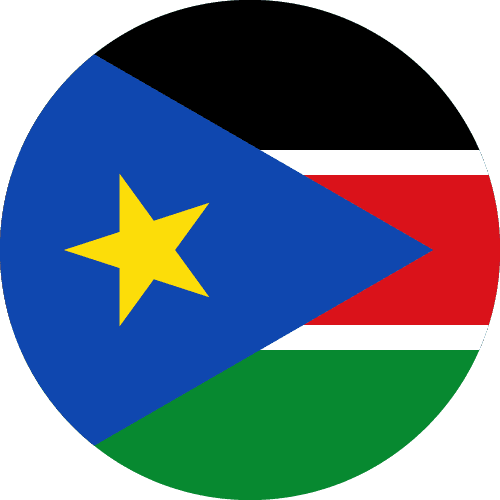The ECTN (Electronic Cargo Tracking Note) solves the problem of document fraud in Africa shipping. It is a paperless document that tracks the movement of cargo through the supply chain. The ECTN is issued by the government of the importing country and is required for all shipments entering or transiting Africa.
The ECTN has several features that make it difficult to counterfeit or tamper with. It is a unique, serialized document that is linked to the shipment’s bill of lading. The ECTN is also encrypted and digitally signed, making it difficult to forge.
The use of the ECTN has significantly reduced document fraud in West Africa shipping. In 2010, the World Bank estimated that document fraud cost the region $1 billion per year. By 2015, after the introduction of the ECTN, this figure had fallen to $210 million.
The ECTN is a valuable tool for combating document fraud and improving the security of West Africa shipping. It is a key part of the region’s efforts to reduce maritime crime and promote economic development.
In addition to solving the problem of document fraud, the ECTN also has other benefits, such as:
- Increased transparency in the supply chain
- Increase Import taxes for the wellbeing of the nation
- Improved cargo security
- Increased efficiency at ports
- Provide accurate data for statistical purposes
The ECTN is a valuable tool for improving the efficiency and security of international trade. It is a key part of the global effort to combat maritime crime and promote economic development.
ECTN Certificates are required to ensure proper control, monitoring, and statistics of maritime trade. They help prevent smuggling, ensure compliance with customs regulations, and facilitate efficient customs clearance processes.
The countries that require an ECTN Certificate vary, but some examples include Angola, Benin, Cameroon, Congo, Burkina Faso, Madagascar.. and many others. It’s important to check the specific requirements of the destination country to ensure a smooth shipping process.






























